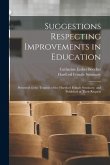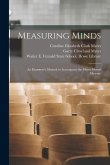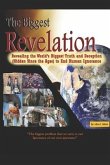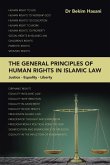This report examines and compares the content of laws prohibiting blasphemy ("blasphemy laws") worldwide through the lens of international and human rights law principles. The laws examined in this study prohibit or criminalize the expression of opinions deemed "blasphemous," or counter to majority views or religious belief systems, and many impose serious, often criminal, penalties. Blasphemy laws are actively enforced in many states throughout the world. Many governments deem repeal not feasible or desirable and justify the prohibition and criminalization of blasphemy as necessary to promote religious harmony. This study seeks to evaluate the language and content of blasphemy laws to understand what aspects of these laws adhere to--or deviate from--international and human rights law principles. A better understanding of the laws' compliance with these principles may assist in the public policy community in developing clear, specifically-tailored recommendations for areas for reform. Related products: Explore our Faith-Based Education resources collection Discover our Human Rights collection
Hinweis: Dieser Artikel kann nur an eine deutsche Lieferadresse ausgeliefert werden.
Hinweis: Dieser Artikel kann nur an eine deutsche Lieferadresse ausgeliefert werden.


![Extracts and Statements Respecting Bi-lingual Teaching in Great Britain, the United States and Canada [microform] Extracts and Statements Respecting Bi-lingual Teaching in Great Britain, the United States and Canada [microform]](https://bilder.buecher.de/produkte/65/65637/65637409m.jpg)



![Constitution and by Laws of the Wilberforce Lyceum Educating Society [microform]: for Moral and Mental Improvement, Cannonsburg Township of Colchester Constitution and by Laws of the Wilberforce Lyceum Educating Society [microform]: for Moral and Mental Improvement, Cannonsburg Township of Colchester](https://bilder.buecher.de/produkte/65/65552/65552885m.jpg)
